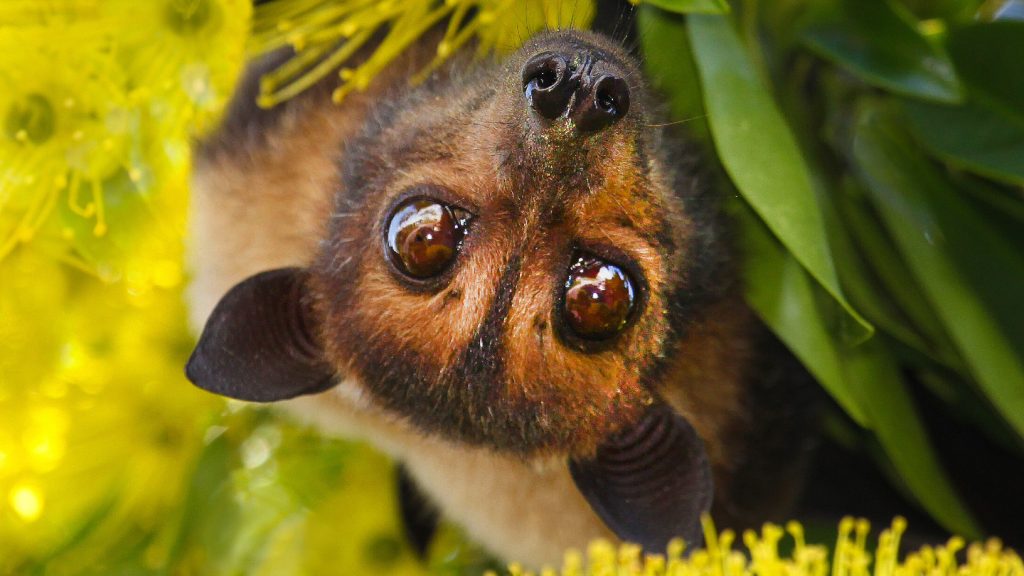The prevention of zoonotic spillover, where viruses transfer from animals to humans, can be achieved by maintaining intact ecosystems, as outlined in a recent report published in Nature Communications. The report suggests protecting or restoring areas where animals reside and minimizing human-wildlife encounters in developed regions to prevent outbreaks of infectious diseases, such as COVID-19 or HIV. These outbreaks often occur when viruses jump from stressed wild animals, due to food shortages or habitat loss, to humans.
An international team of experts compiled the pandemic prevention roadmap, which is based on case studies of zoonotic spillover from bats. For instance, the Hendra virus spread in Australia due to bats seeking food in urban gardens, leading to transmission to horses and then humans. By understanding the mechanisms of spillover, solutions like replanting specific tree species in areas prone to outbreaks can be implemented, emphasizing the importance of small ecosystem changes in having significant effects.
To avert spillover events and protect biodiversity, preserving wild habitats and reducing contact with wild animals are vital strategies. Engaging local communities in conservation efforts, providing alternative protein sources, and preventing human-initiated forest fires are recommended actions to break human-animal contact and prevent outbreaks. Notably, bats host multiple diseases with high public health risks, prompting the need for ecological countermeasures that can be applied to other animal viral reservoirs like rodents, primates, or birds.
In addition to preventing zoonotic spillovers from animals to humans, ecological tactics can also safeguard animals from contracting viruses from humans. By reducing road density in wild areas, which facilitates habitat destruction and rapid human access to wildlife, the risk of zoonotic transmission can be diminished. High road density has been linked to increased risks of Ebola infection, highlighting the importance of prioritizing ecosystem conservation efforts to prevent future pandemics.
Investments in conserving ecosystems are essential alongside advancements in biomedical and epidemiological technologies to halt future pandemics before they start. Decision-makers should focus on studying zoonotic spillovers proactively rather than reactively, learning from each event to understand the drivers of transmission and develop effective solutions. By prioritizing the protection of wildlife habitats and minimizing human-animal contact, the risk of zoonotic spillovers can be significantly reduced, ultimately preventing the emergence of new infectious diseases.


